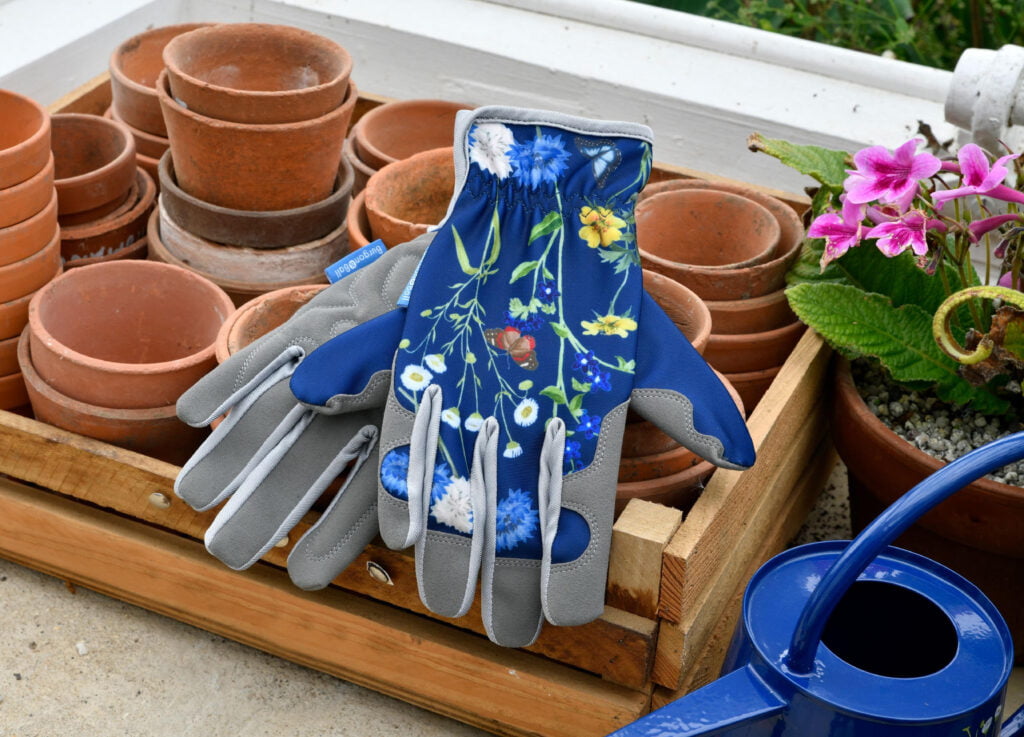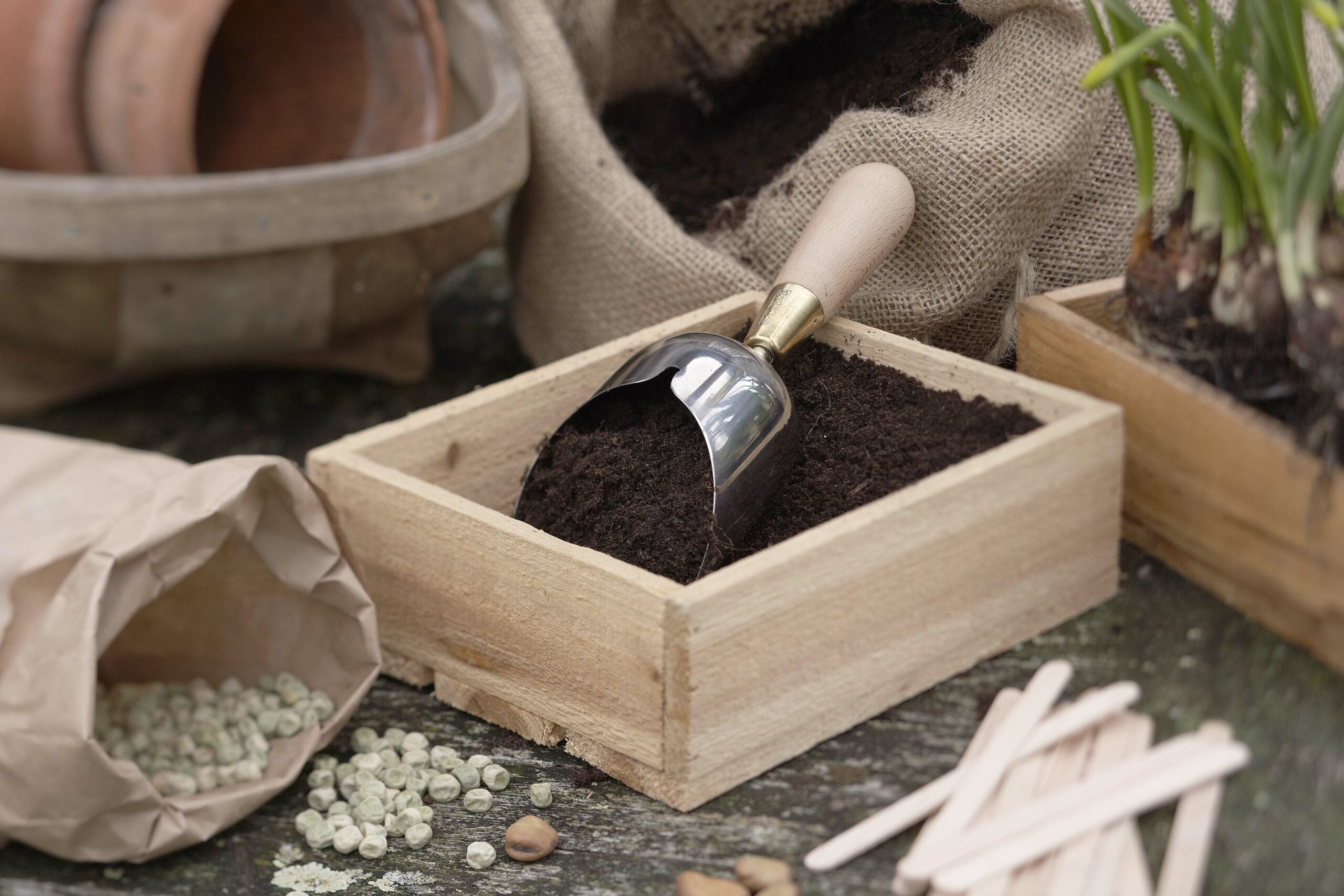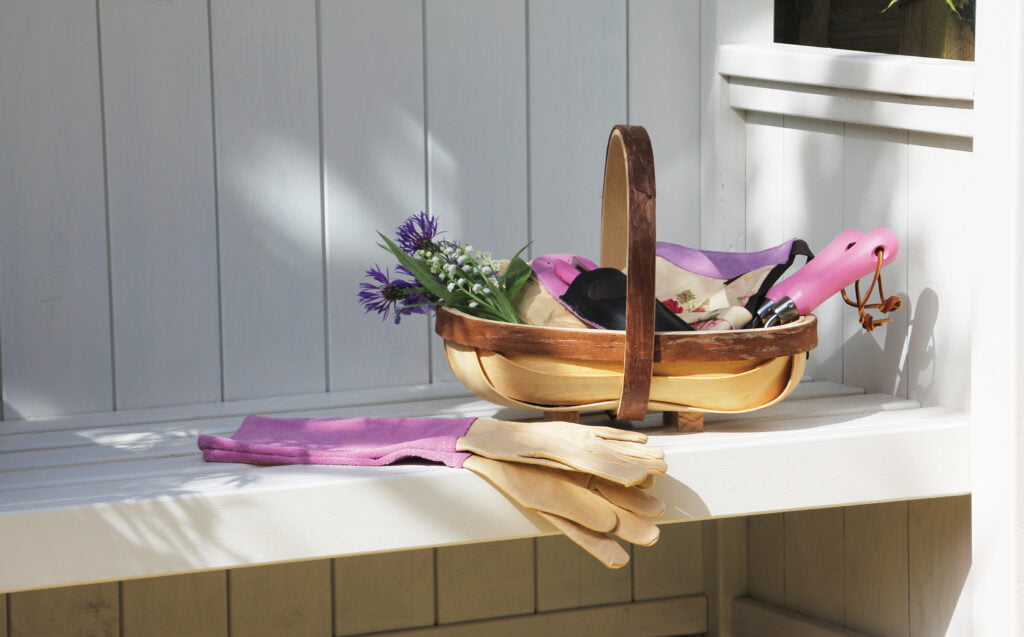Planting Joy- Healing with Plants and Gardening
When is the last time you took the time to reflect on the circle of life while gardening? Beyond being a hobby, gardening is a powerful tool for preventing mental- ill health, physical health and keeping fit and happy. In this article, we'll explore the ways in which gardens can boost your well-being, provide practical tips to get started with gardening.

Finding moments of peace and tranquility is essential for preventing anxiety and maintaining your well-being. When is the last time you took the time to reflect on the circle of life while gardening? Once viewed as a sanctuary for plants, gardens are a source of beauty and simple joy that makes us feel better. Beyond being a hobby, gardening is a powerful tool for preventing mental- ill health, physical health and keeping fit and happy. In this article, we’ll explore the ways in which gardens can boost your well-being, provide practical tips to get started with gardening.


The Healing Power of Gardens:
While the physical benefits of gardening, such as increased exercise and improved cardiovascular health, are well-documented, the impact on mental health goes far beyond the 135 calories you burn in 30 min of gardening. A report from The King’s Fund shows the diverse health benefits associated with gardening. Studies highlighted in the report reveal substantial reductions in depression and anxiety levels among individuals who engage in regular gardening, underlining the profound therapeutic potential of this activity.
- Stress Reduction: Research consistently demonstrates that spending time in nature, especially in green spaces like gardens, can significantly reduce stress levels. Gardening offers a perfect blend of physical activity, fresh air, and natural beauty, creating a therapeutic environment that helps to alleviate the burdens of daily life.
- Mood Enhancement: Gardens have a unique ability to lift our spirits and improve our mood. The act of planting, nurturing, and witnessing the growth of plants triggers the release of serotonin, the “feel-good” hormone. In fact, gardening has been linked to reduced symptoms of depression and anxiety, making it a natural and accessible form of mental health support.
- Physical Health Benefits: Gardening is not only good for the soul but also for the body. The physical activity involved in tasks like digging, planting, and weeding contributes to improved cardiovascular health, increased flexibility, and enhanced strength. Engaging in regular gardening activities has been associated with a lower risk of chronic diseases and improved overall fitness.
- A Natural Remedy for Loneliness. Social isolation is a growing concern, affecting people across generations. Gardening is a natural remedy, creating new social connections and breaking down the barriers of loneliness. Young or old, find solace and camaraderie in community gardens, shared green spaces and collaborative gardening projects. The act of tending to plants becomes a shared language that brings a sense of belonging .
- Preserving Cognitive Health- Tokyo and Exeter Universities have conducted comprehensive research, providing robust evidence supporting the positive effects of gardening on health. The findings suggest that gardening not only reduces anxiety and depression but also plays a crucial role in maintaining independence and preventing cognitive decline. Engaging in the various tasks associated with gardening, from planting to weeding, stimulates cognitive functions and promotes a sense of purpose, at any age.
Getting Started with Gardening:
- Start Small: If you’re new to gardening, don’t feel overwhelmed by the prospect of transforming your entire yard. Begin with a small space or even a few potted plants on a balcony or windowsill. Starting small allows you to learn and build confidence gradually.
- Choose the Right Plants: Select plants that match your level of expertise and the local climate. Consider easy-to-grow varieties that are resilient and forgiving to beginner gardeners. Herbs, succulents, and flowering perennials are great options for starters.
- Create a Relaxing Space: Design your garden with relaxation in mind. Incorporate comfortable seating, perhaps a hammock or a bench, so you can fully enjoy the fruits of your labor. Add elements like bird feeders or wind chimes to attract wildlife, enhancing the overall serenity of your garden.

Photo credit Annabelle James
Choose the right garden tools and have fun
- Hand Trowel: A hand trowel is a small, handheld tool with a pointed blade, perfect for digging small holes, transplanting seedlings, and weeding in tight spaces.
- Pruning Shears: Pruning shears, or hand pruners, are used for cutting branches, stems, and foliage. They come in different sizes, with bypass and anvil designs suitable for different types of plants.
- Garden Gloves: Protecting your hands is crucial and garden gloves provide a barrier against dirt, thorns and other potential irritants. Choose gloves that offer both dexterity and durability. Find a pair of garden gloves that are very comfortable to wear and go with your type of garden, it is all about having fun!
- Garden Fork: A garden fork has sturdy tines and is ideal for turning and aerating the soil. It helps break up compacted soil and allows for better water and nutrient absorption.
- Hoe: A hoe is useful for cultivating the soil, chopping weeds, and creating furrows for planting. There are different types of hoes, including draw hoes and scuffle hoes, each serving specific purposes.
- Watering Can or Hose: Watering is a fundamental aspect of gardening. A watering can is suitable for small gardens or container plants, while a hose is essential for larger areas. Consider a watering wand attachment for more precise watering.
- Garden Rake: A garden rake, with its flathead and sturdy tines, is perfect for leveling soil, removing debris, and spreading mulch. It’s an indispensable tool for general garden maintenance.
- Wheelbarrow: A wheelbarrow makes transporting soil, mulch, plants, and other heavy items much more manageable. Look for a sturdy, well-balanced design for efficient use.
- Pruning Saw: For larger branches and tougher pruning tasks, a pruning saw is essential. It allows for clean and precise cuts, promoting the overall health of the plants.
- Kneeling Pad or Garden Stool: To make long hours of gardening more comfortable, a kneeling pad or garden stool provides support and reduces strain on your knees and back.
- Measuring Tape: Precision is key in gardening, especially when spacing plants. A measuring tape helps ensure accurate placement and spacing during planting.
- Garden Twine or Plant Ties: Keep plants properly supported and trained by using garden twine or plant ties. They are essential for securing plants to stakes or trellises.
- Sun Hat and Sunscreen: Personal protection is crucial. A wide-brimmed sun hat and sunscreen help shield you from the sun’s harmful rays during extended periods in the garden.
- Seed Packets or Plant Labels: Keep track of your plants by using seed packets or plant labels. This helps you
Gardens are sanctuaries of well-being. Whether you have acres of land or a balcony, the benefits of gardening are accessible to all. The act of nurturing life, witnessing growth and connecting with nature can positively impacting both mental and physical health. So, roll up your sleeves, dig in the soil, and embark on a journey of cultivating not just a garden but a healthier, happier you.
Do you want to share your story and inspire our readers ? Know that every story is paving the way for a brighter, happier future.




